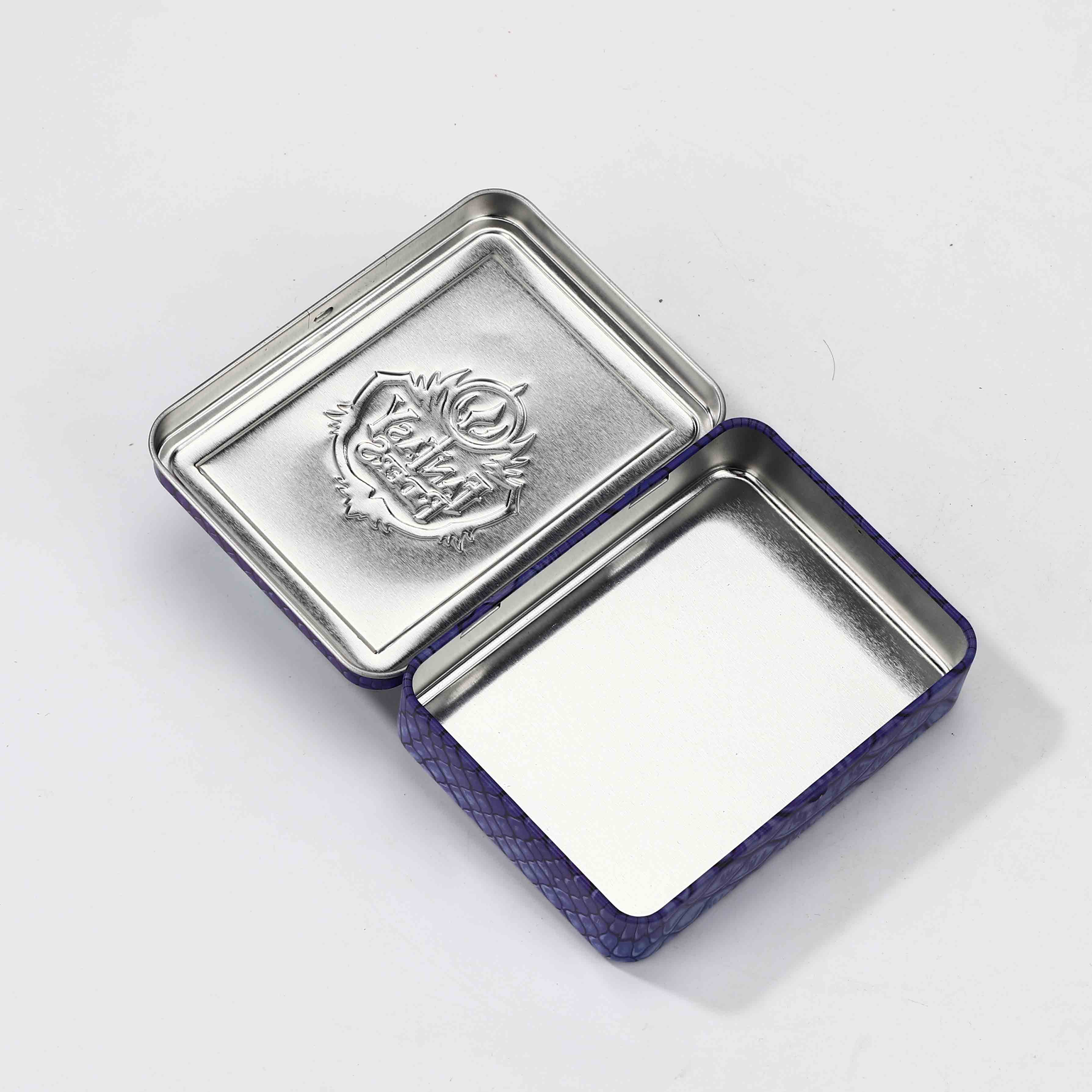What is Tin Packaging?
Tin containers are a popular packaging choice in the cosmetic and food industries. They can be used to store and distribute cosmetics, food and candy, candles, medicine, and more. Typically made of thin iron or aluminum with a tin plating, these metal packages can be made in any size, shape, or color.
Benefits of Tin Packaging
Tin packaging is attractive to consumers, and it offers a variety of benefits:
- Durable: Tin packaging is strong and can resist vibration and jostling as it makes its way to the shelves.
- Resists corrosion: Tin is trusted to protect food because it doesn’t oxidize easily.
- Protects the product: Airtight seals and solid containers keep out air and UV light. If light does not put the product at risk, you can consider a tin can with a clear window, so consumers can view the product inside.
- Sterile: Metals are easy to sterilize and, because they’re non-porous, they don’t have the tiny holes and crevices that create an easy breeding ground for bacteria.
- Affordable: Metal is readily available and easy to recycle, so manufacturers can obtain it at a lower cost. Tin cans are also lightweight, which reduces transportation costs.
- Sustainable: More and more consumers prefer to buy from companies that are committed to environmental responsibility. Tin is easily recycled. In addition, decorative tin containers are often reused by consumers to wrap gifts, preserve homemade goods, organize jewelry or small office supplies, or store trinkets.
Types of Tin Packaging & What They Are Made Of
Modern tin cans are usually made of aluminum or another metal and then coated in tin plating. These alloys are used in a variety of applications:
- Aerosol cans
- Beverage cans
- Food cans and tins
- Paint cans
- Cosmetic tins
-
RECTANGLE TIN CAN EMBOSSING

Sustainability of Tin Packaging
Most metals are easily recyclable, which is a benefit to the consumer and the company. New products can be made of recycled aluminum or steel, eliminating the need to extract new metal from the planet, and allowing companies to better establish themselves as environmentally responsible. Consumers appreciate the simplicity of putting the metal packaging in the recycling bin rather than worrying about contributing more plastic to overflowing landfills. Especially when compared to plastics, metal packaging is safer for people and the planet.
E2Global’s DesignWorks
At E2Global, we create custom packaging designs following a proven process that includes engineering, prototyping, and production:
- Consultation: This is where we get to know you and your vision for the product.
- Design Review: You have a chance to provide feedback and approve the design.
- Engineering: With 3D CAD (computer-aided design) technology, we add tolerances to dimensions and adjust the design right there on the screen before moving on to prototyping.
- Prototyping: You and the designers are able to test a full-scale example and evaluate functionality, user-friendliness, and aesthetic appeal. You can ensure that your package offers the appropriate product protection during storage, transportation, and handling, and that it reflects your brand voice and values.
- Project Approval: Based on what we’ve learned up to this point, we make any needed refinements to the prototype. Upon your approval of the final design, we begin production.
- Production: We can handle both small and large production runs, with a focus on efficiency and quality control.
We offer custom manufacturing of tins as well as textiles, retail boxes, and glass and plastic bottles, jars, and tubes.




















